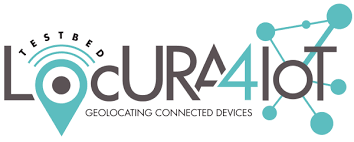Visite à « SMART Infrastructure Facilities » de l’Université de Wollongong
Marie-Pierre GLEIZES, Professeur de l’Université Toulouse III Paul Sabatier et Pierre GLIZE, Ingénieur d’études HDR CNRS – Équipe Systèmes Multi-Agents Coopératifs (SMAC) de l’IRIT, étaient invités par l’Université de Wollongong en Australie, du fait de leurs travaux de recherche dans le cadre de l’opération scientifique neOCampus. neOCampus porte un ensemble de projets de recherche, basés sur l’IoT, l’IA et le Big Data ayant pour objectif de contribuer à la construction






